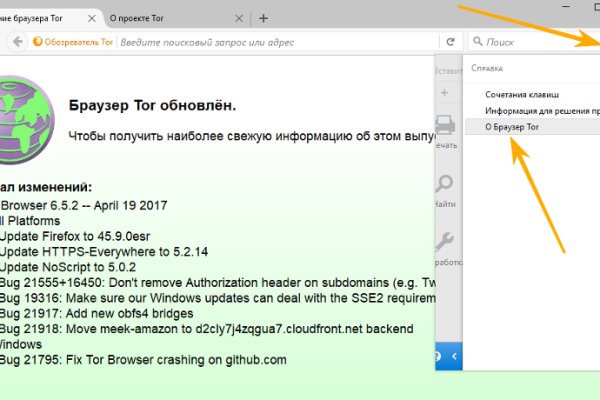Кракен 9ат

Кракен сайт - ссылка на официальный сайт Кракен Даркнет. Вот некоторые примеры: Фирмы по кибербезопасности: эти компании могут сотрудничать с правоохранительными органами для предоставления технических знаний и тор поддержки в выявлении и закрытии торговых площадок в даркнете. Важно безопасно пользоваться Интернетом и избегать участия в любых незаконных действиях. Читайте рабочие также: Биржа Bitstamp: регистрация, настройка, отзывы, зеркало Биржа Binance: комиссия, регистрация, отзывы Биржи без верификации: ТОП-5 торговых площадок. Сейчас читают. Dirnxxdraygbifgc.onion список ссылок и поясняющие короткие описания ( на английском ). Kraken channel - даркнет рынок телеграм. Скачать Tor Browser для Android. Onion/ Курс Enigma Блог / Персональный сайт http cgjzkysxa4ru5rhrtr6rafckhexbisbtxwg2fg743cjumioysmirhdad. Потом, правда, я привык настолько, что даже их не замечал. Анонимность даркнета привлекает многих преступников и мошенников, которые используют его как платформу для незаконной деятельности, такой как незаконный оборот наркотиков, взлом и отмывание денег. Загрузить Tor Браузер для iOS Заключение Скачать браузер тор на Айфон, а точнее программы, использующей луковичную технологию, не трудно их можно найти в AppStore и установить в течении нескольких минут. По статье 228231 УК РФ штраф до 1 млн рублей и лишение свободы на срок до 10 лет. Кракен Даркнет Маркет - официальный сайт и все зеркала площадки Kraken Onion. DarkNet «скрытая сеть «темная сеть» или «теневая сеть это сегмент интернета, который скрыт из общего доступа. Onion - Ящик, сервис обмена сообщениями. Мы предоставляем самую актуальную информацию о рынке криптовалют, майнинге и технологии блокчейн. В зависимости от страны и юрисдикции они могут включать штрафы и/или тюремное заключение. Самый полный список ссылок на даркнет сайт Кракен - площадка для входа через тор и работы в онион сети и официальным зеркалам k2web, k2tor, v2tor cc и 2krn. Steam бесплатен и удобен в использовании. Самый популярный даркнет маркет 2023 года. Кстати факт вашего захода в Tor виден провайдеру. И из обычного браузера в данную сеть просто так попасть практически невозможно. Список ссылок самых известных в Darknet ресурсов; Сайт "Годнотаба" в Даркнете OnionDir (http www.
Кракен 9ат - Кракен даркнет krawebes
«Культура.РФ» — гуманитарный просветительский проект, посвященный культуре России. Мы рассказываем об интересных и значимых событиях и людях в истории литературы, архитектуры, музыки, кино, театра, а также о народных традициях и памятниках нашей природы в формате просветительских статей, заметок, интервью, тестов, новостей и в любых современных интернет-форматах.

Value Creator소베텍은 고객의 가치 창출에 집중합니다.Top Class Expert Group한 번 더 깊게 고민을 하고 문제를 해결합니다.Be With You외면하지 않고 항상 함께하겠습니다.PreviousNextWHYSOBETEC소베텍의 지식과 경험, 고객을 위한 해답이 됩니다.Since20042004년 기술과 서비스로 세상에 도움이
되고자 소베텍은 설립되었습니다.110110여개 이상의 고객이 현재 계약을 유지 중이며
10년 이상 함께한 고객이 44개사 입니다.PROJECTS200200회 이상의 고객사 고도화 프로젝트를 진행하였고
그 경험이 그대로 솔루션에 반영되었습니다.MORESERVICE01 Business consulting02 IT Implementation03 IT OutsourcingSOLUTION01 Business Solution02 Infra SolutionDIGITAL TRANSFORMATION01 Data Science02 Machine / Deep LearningCONTACT